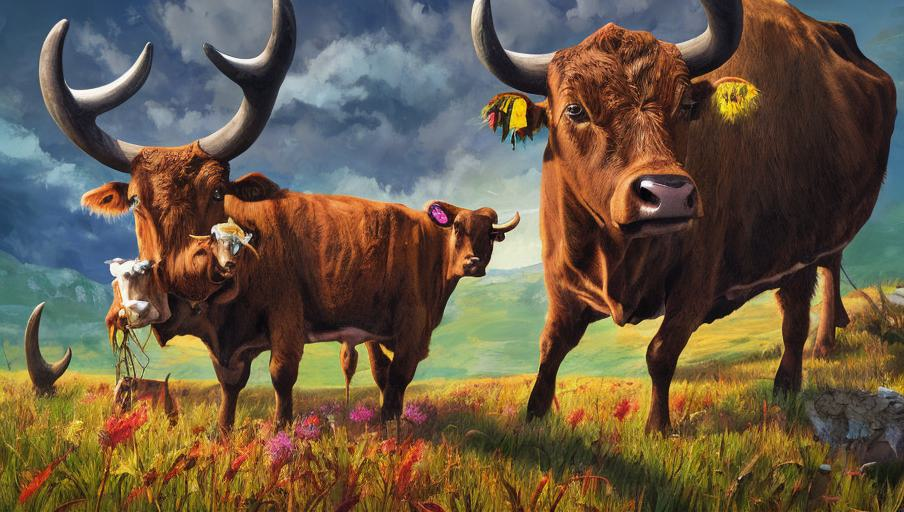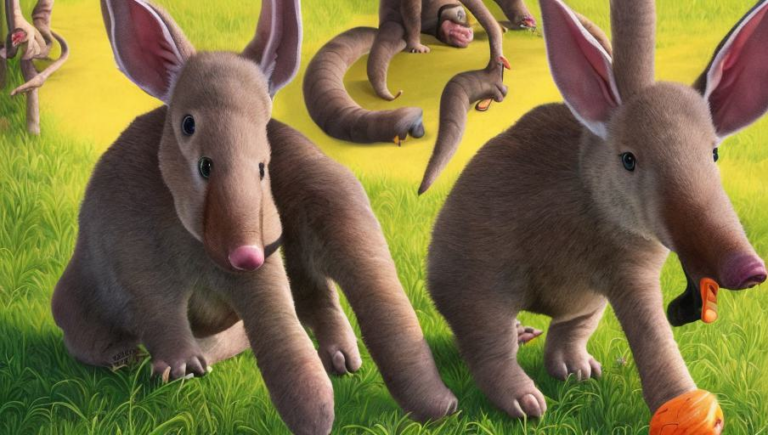Killer Strategies for Cattle Nutrition

Introduction to Cattle Nutrition
Cattle are herbivorous animals, meaning they consume mostly plants and hay. Feeding livestock the correct diet is essential for their health and well-being. Cattle require a balanced diet for optimal performance, growth, and overall health. To ensure that cattle are receiving the necessary nutrition, it is important to understand what nutrients they need and how to provide them.
Essential Nutrients
Cattle need energy, protein, minerals and vitamins, and water to remain healthy. Energy is found in feedstuffs such as grains, hay, and silage. Protein is essential for growth and maintenance, and can be found in legumes, such as soybeans and clover. Minerals and vitamins are important for metabolic and physiological processes, and can be provided through mineral or vitamin supplements. Finally, fresh water must be available to cattle at all times.
Forage
Forage is the main component of a cattle diet, and can include hay, silage, pasture, and green chop. Hay is dried forage that is made from legumes or grasses. Silage is a fermented feedstuff that is made from chopped and stored green forage. Pasture is a field of grasses and legumes that can be grazed. Finally, green chop is fresh forage that is chopped and fed to cattle.
Grain
Grain is a concentrated form of energy that can be fed to cattle. Grain can include corn, oats, barley, and wheat. Grain should be fed in combination with forage to ensure a balanced diet. If grain is fed in excess, it can lead to digestive problems and health issues.
Supplements
Cattle may require additional supplements to provide the necessary minerals and vitamins. Supplements can include salt, trace minerals, and vitamins. It is important to provide cattle with a balanced mineral and vitamin supplement to ensure they are receiving the necessary nutrients.
Feeding Strategies
To ensure that cattle are receiving the correct nutrition, it is important to provide them with the correct feedstuffs and follow a few feeding strategies. For example, it is important to provide a balanced diet and feed a consistent amount of feed each day. Additionally, it is important to provide cattle with fresh water at all times and to make sure that feed is free from mold and toxins.
Conclusion
Providing cattle with the correct nutrition is essential for their health and wellbeing. It is important to provide them with a balanced diet that includes forage, grain, and supplements. Additionally, it is important to follow certain feeding strategies to ensure that cattle are receiving the necessary nutrients. Following these strategies will help ensure that cattle remain healthy and will help them reach their full potential.





